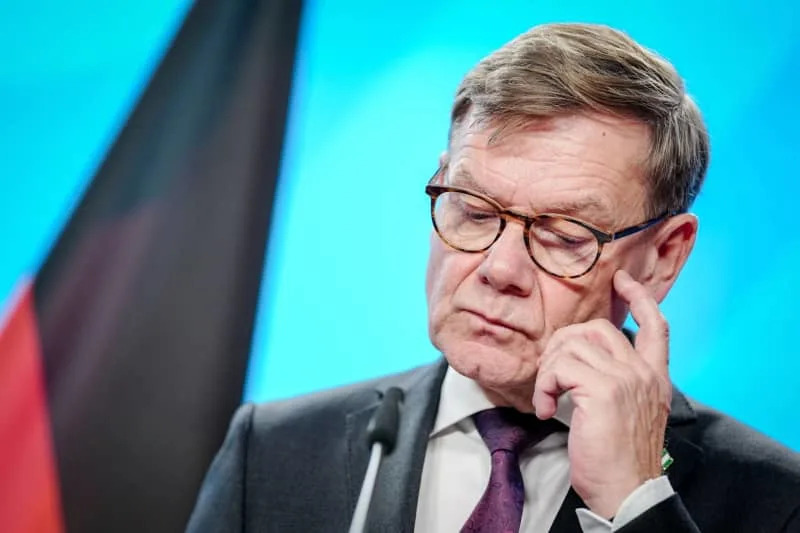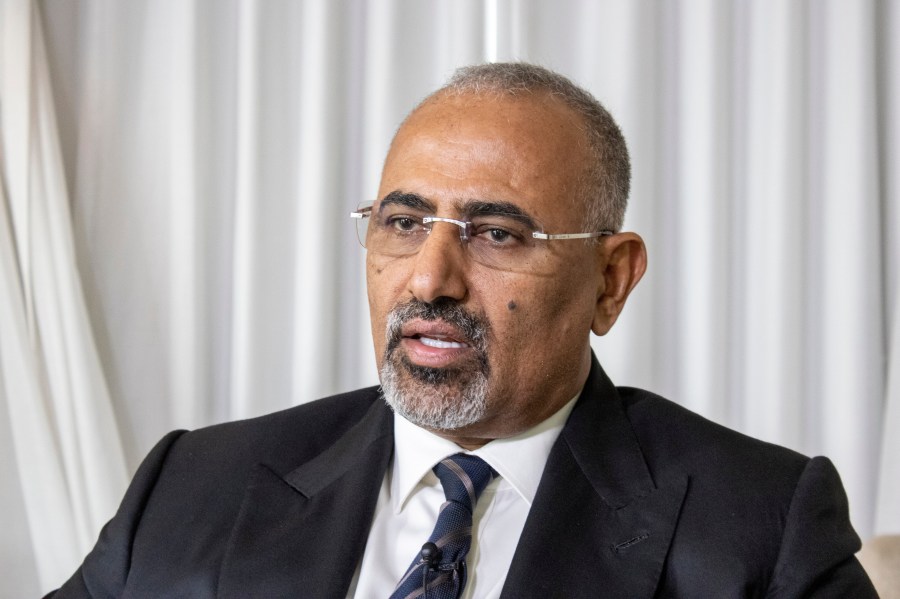German Foreign Minister Johann Wadephul has sparked significant controversy within his own political party following comments about Syria’s devastating situation. During a meeting on October 24, 2023, with members of the Christian Democratic Union (CDU) and its Bavarian counterpart, the Christian Social Union (CSU), Wadephul compared the current state of Syria to Germany’s condition in 1945. Several attendees confirmed his remarks to the German press agency dpa.
The Foreign Office did not provide a comment when asked about the remarks. According to participants, Wadephul’s comments drew irritation from multiple lawmakers. One CDU member described his appearance at the parliamentary meeting as “terrible” and “disastrous,” indicating that support for him within the party is waning.
Previous Comments Raise Concern
This incident follows a previous remark made by Wadephul during a visit to war-torn Syria. While touring the devastated suburb of Damascus on October 17, he questioned the likelihood of Syrian refugees in Germany returning to their homeland, citing widespread destruction. “It is barely possible for people to live here with dignity,” he stated, adding that a return for these refugees “cannot happen in the near future.”
Some members of the CDU interpreted Wadephul’s comments as a departure from the party’s official stance, which advocates for the rapid deportation of Syrian criminal offenders and encourages voluntary returns of refugees. In response to the growing discontent, German Chancellor Friedrich Merz reaffirmed the party’s position, stating on October 23, “The civil war in Syria is over. There are no longer any grounds for asylum in Germany and therefore we can begin repatriations.”
Clarifications and Ongoing Tensions
Frustration within the CDU intensified over Wadephul’s delayed clarification of his statements. He eventually addressed concerns shortly before the parliamentary group meeting, asserting that both he and the Foreign Office support the goal of returning criminal offenders and dangerous individuals to Syria and Afghanistan. “There is absolutely no difference on this,” he emphasized, stating that efforts are underway to facilitate the voluntary return of more Syrians to aid in the rebuilding of their country.
Despite his attempts to clarify his position during the meeting, Wadephul received limited support from attendees. His controversial comparison to post-war Germany was reportedly made at the conclusion of his remarks, with no immediate response from other lawmakers.
The growing backlash against Wadephul’s comments highlights the complexities of Germany’s refugee policy and the political sensitivities surrounding the ongoing crisis in Syria. As tensions within the CDU escalate, the implications of these remarks may have lasting effects on both party unity and Germany’s approach to Syrian refugees.







